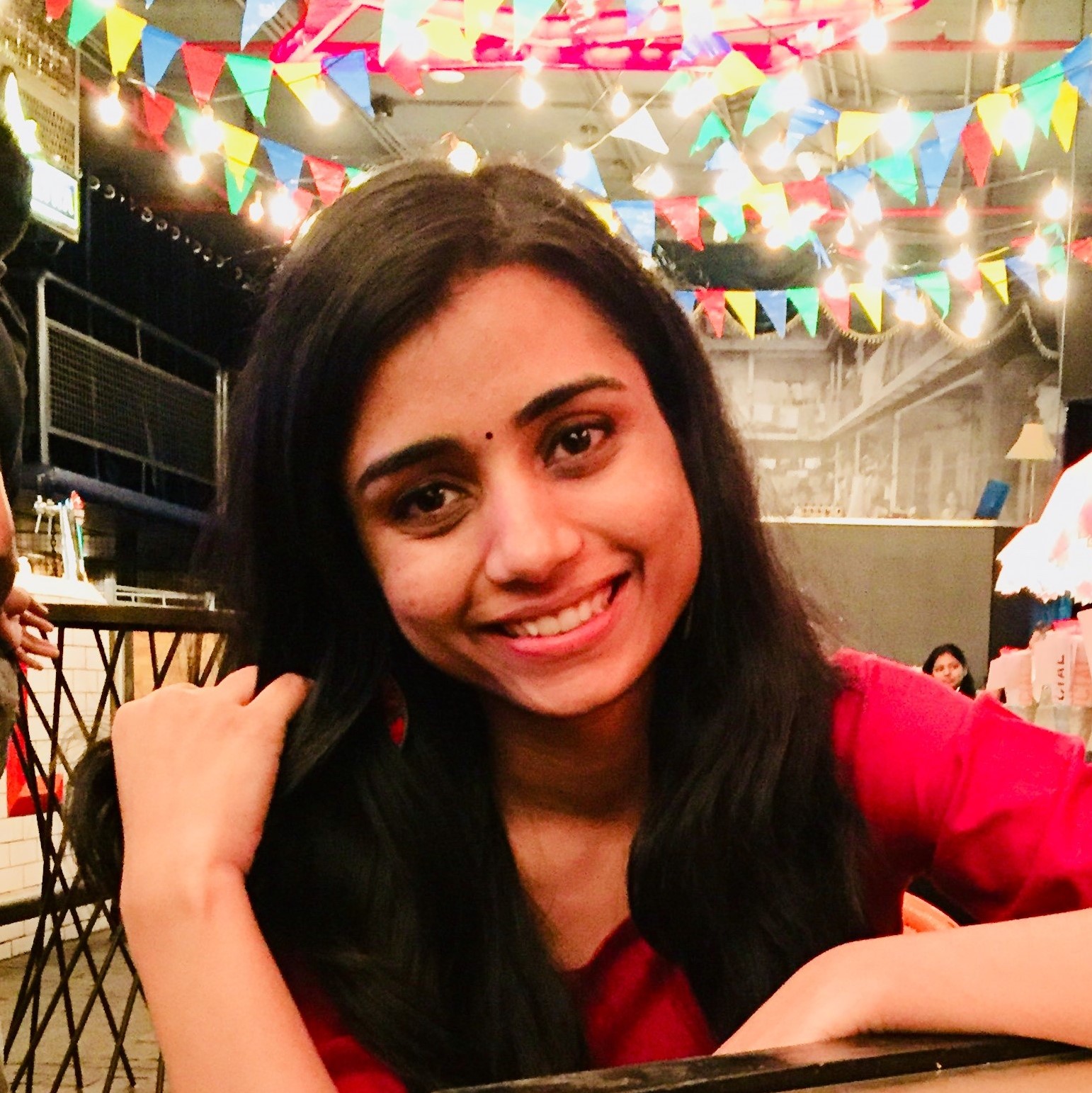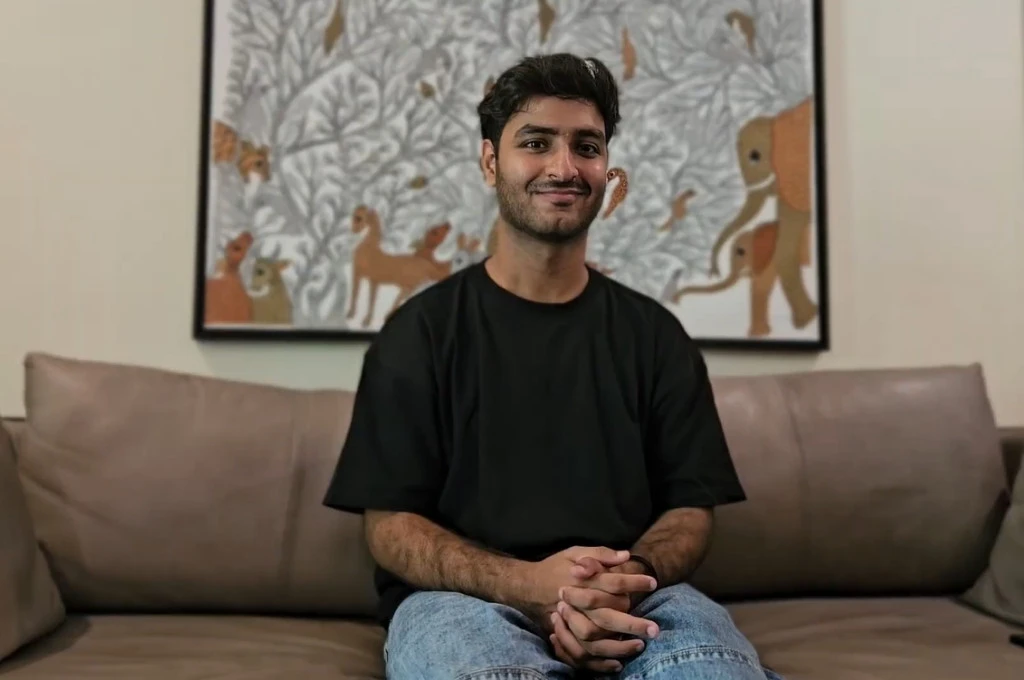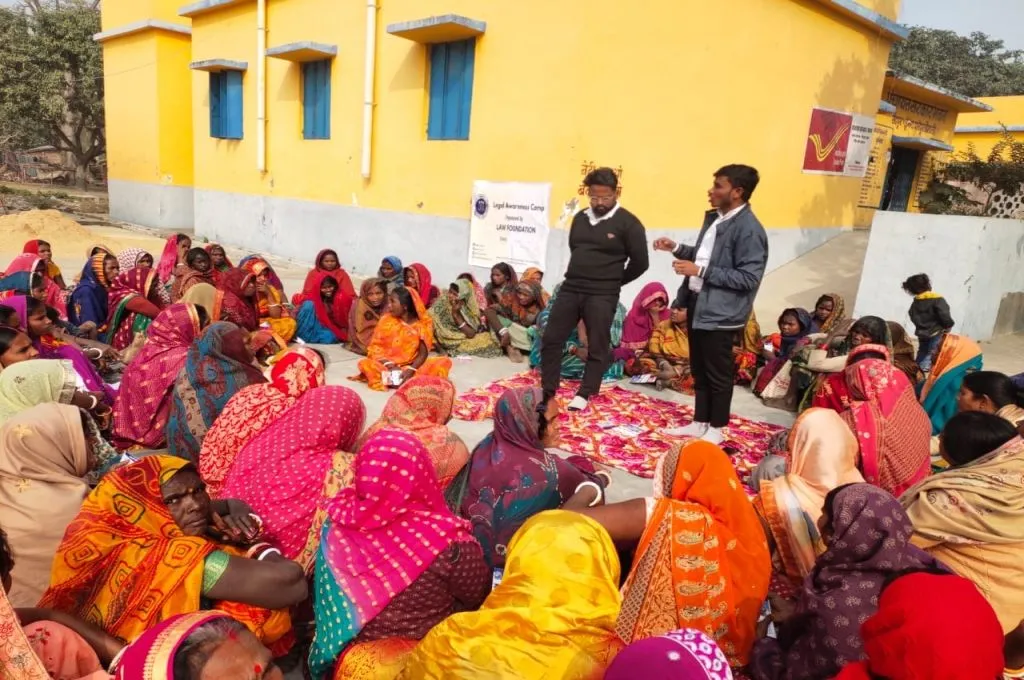Sujata Khandekar who led Community of Resource Organisations or CORO, an organisation at the forefront of grassroots leadership and activism, talks about how the process of empowerment unfolds within marginalised communities, and what it takes to be truly participatory.
Here’s what we learnt from her about building grassroots leadership.
People will not actively and emotionally participate in an intervention unless it has relevance to their lives and their strengths.
The notion that ‘poor people are lazy and don’t want to change’ is not true. They want to change but don’t always know how. They need information and hand-holding. One just needs to give them tools and words, and suggest that using them might offer some respite.
People gather courage by coming together. Collective risk is both possible and incredibly powerful because nobody is fighting alone. Individuals alone cannot make a difference, but together, they can.
The initiative for change has to come from ‘within’ – within a person, and within the community. And the mental shift from being a victim to being a changemaker is crucial in the social change process. Enhancing the inner strength of a person or a community is more important than external or material support.
People accept the discrimination that comes along with their identity of being Dalit, Adivasi, or a woman, as fate. The realisation that it’s all human-made and hence can be changed empowers them.
One either hates people living in low-income communities or pities their conditions, but there’s never a sense of equality or connectedness with them. But working with communities will impact the way you perceive the world. It will teach you about human life, human nature, social structures, and social change.
You can read more of our conversation with Sujata here.





